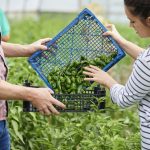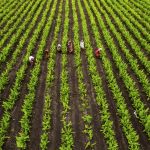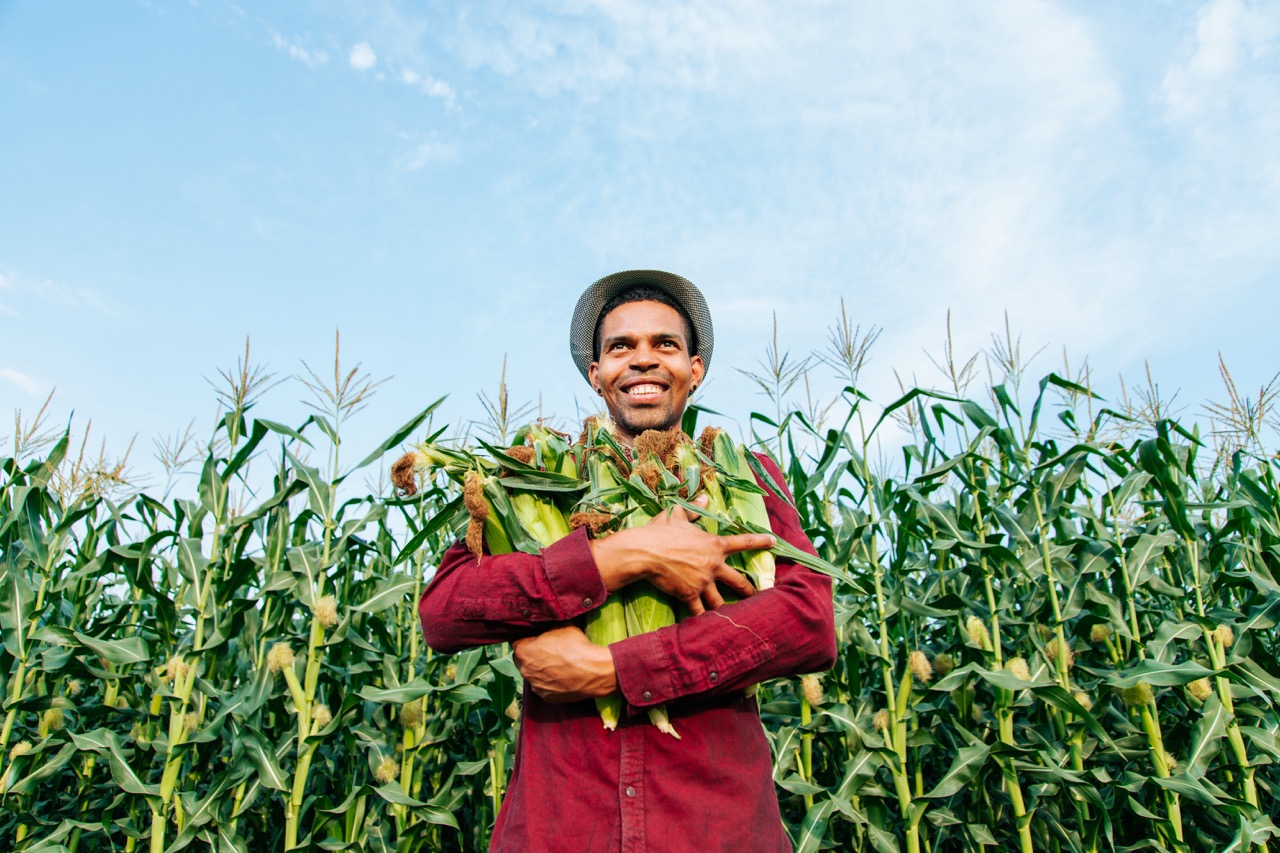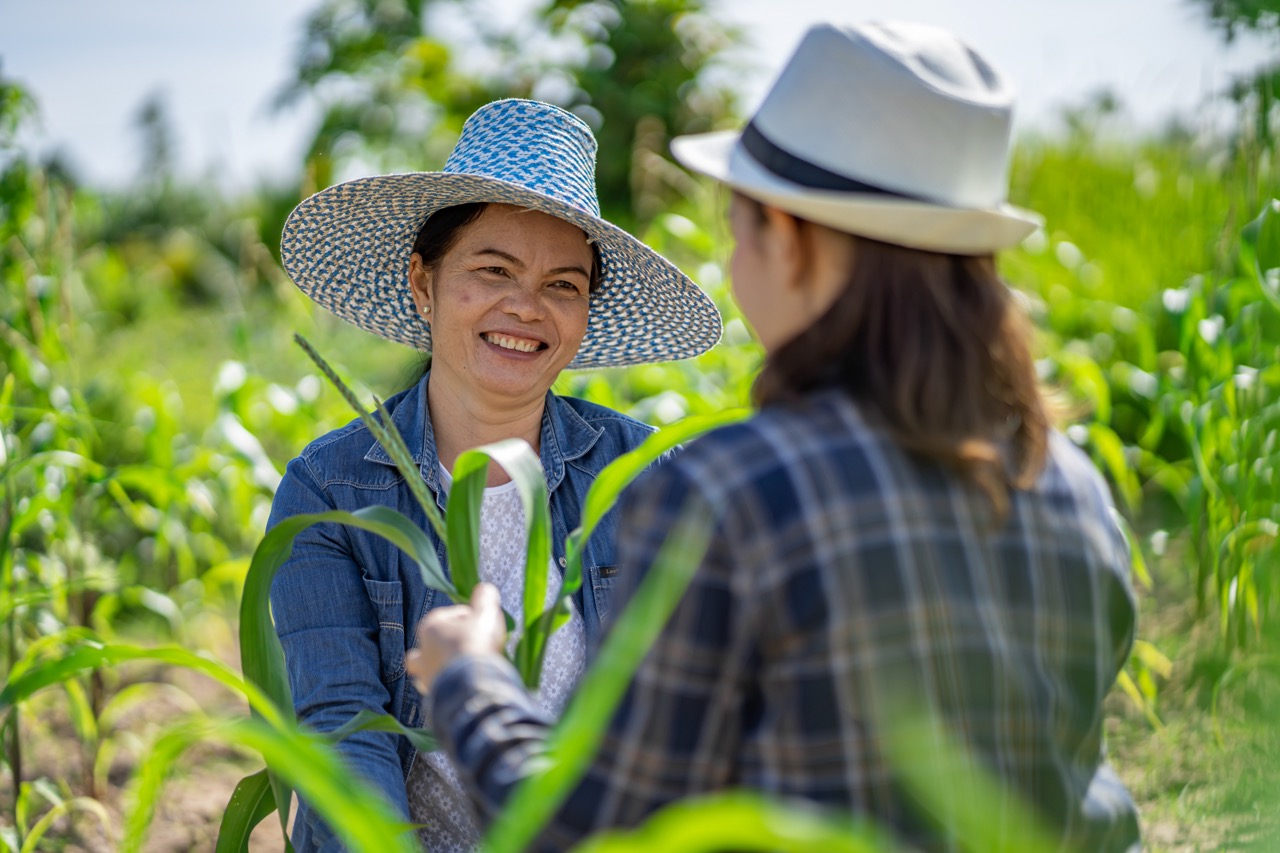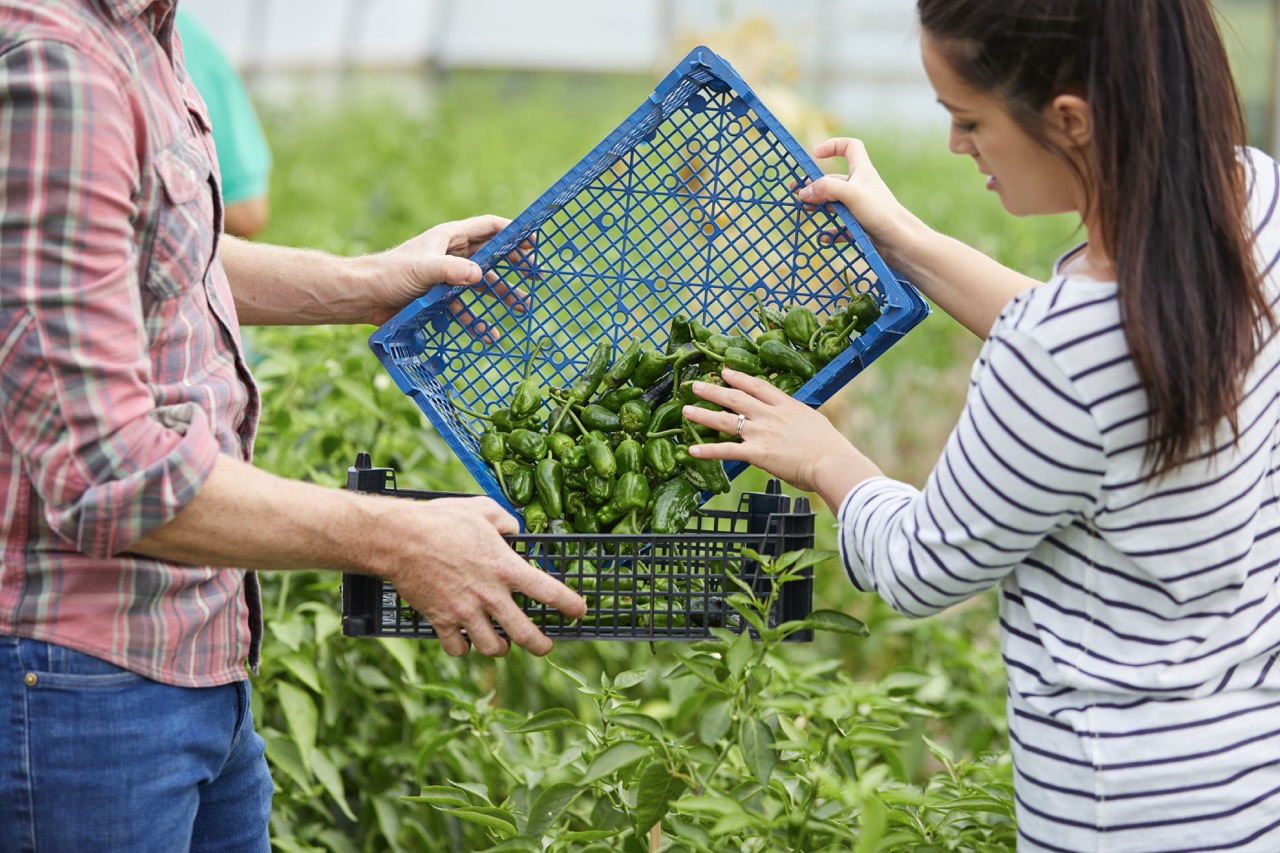Farming has always been a delicate dance with nature, necessitating adaptability and resilience in the face of changing conditions. However, the accelerating pace of climate change presents unprecedented challenges for the agricultural sector. With rising temperatures, shifting precipitation patterns, and increasing frequency of extreme weather events, farmers must navigate a complex landscape to sustain their livelihoods while ensuring food security. This article explores the multifaceted challenges posed by climate change on farming practices and highlights potential pathways to resilience.
Climate Change and Its Impact on Agricultural Practices
Climate change is no longer a distant threat; it has become a pressing reality affecting agricultural practices worldwide. The increase in atmospheric carbon dioxide levels is altering plant physiology, leading to changes in crop yields and nutritional quality. Farmers are observing shifts in the growing seasons, with some regions experiencing longer seasons while others face shortened timeframes for planting and harvesting. These variations complicate traditional farming calendars and require farmers to adapt their practices rapidly.
Moreover, the unpredictability of weather patterns complicates farming strategies. Events such as droughts, floods, and hurricanes are becoming more frequent and severe, resulting in crop failures and economic losses. Farmers in vulnerable regions are particularly at risk, as they often lack the resources and technology to adapt effectively. This puts immense pressure on agricultural communities to innovate and adopt new methods for resilience, including crop diversification and the implementation of climate-smart practices.
Finally, climate change does not affect all farmers equally. Smallholder and subsistence farmers, who often lack access to financial resources and advanced technologies, are disproportionately impacted. As a result, the socio-economic divides in rural areas are exacerbated, leading to increased food insecurity and rural poverty. Addressing these disparities is essential for building a more resilient agricultural system that can withstand the effects of climate change.
Rising Temperatures: Threats to Crop Yields and Livestock
One of the most alarming consequences of climate change is the rise in global temperatures, which pose significant risks to crop yields. Many staple crops, such as wheat, maize, and rice, are sensitive to temperature increases. Research indicates that for every degree Celsius of warming, yields of these crops could decline by up to 10%. This decline threatens food security and could lead to higher prices, exacerbating hunger and malnutrition, particularly in developing countries.
Livestock farming is equally affected by rising temperatures. Heat stress in animals can lead to lower productivity and increased mortality rates, impacting the livelihoods of farmers reliant on livestock for income. Additionally, the quality of forage and water supplies is compromised in hotter conditions, leading to nutritional deficiencies in livestock and requiring farmers to invest in costly supplements and veterinary care. The cumulative effects of these challenges necessitate immediate attention and proactive measures from the agricultural community.
To combat these threats, breeders and agricultural scientists are working to develop heat-resistant crop varieties and improve animal husbandry practices. However, these innovations require time, investment, and knowledge transfer to be effective. Farmers must also adopt integrated approaches that consider local conditions and involve community collaboration to foster resilience in their farming systems. As the climate continues to change, the agricultural sector must remain dynamic and responsive.
Water Scarcity: Managing Irrigation in a Warming World
Water scarcity is becoming an increasingly critical issue in agricultural regions as climate change leads to altered rainfall patterns and increased evaporation rates. Regions that were once reliable sources of freshwater for irrigation are now facing water shortages, forcing farmers to rethink their irrigation strategies. Traditional methods of irrigation are often inefficient, leading to overuse of water resources and degrading local ecosystems.
Innovative water management practices are essential for addressing these challenges. Farmers are turning to technologies such as drip irrigation and rainwater harvesting to optimize water use and reduce waste. Additionally, soil moisture monitoring and precision agriculture techniques allow farmers to apply water more efficiently, ensuring crops receive the right amount of moisture while conserving resources. These strategies not only enhance productivity but also promote environmental sustainability.
However, the transition to more sustainable water management practices requires investment in infrastructure and training. Governments and agricultural organizations play a crucial role in providing support and resources for farmers to implement these changes. Furthermore, water rights and policies must evolve to reflect the realities of a changing climate, encouraging cooperative management of water resources among agricultural and urban users alike.
Navigating Policy and Innovation for Sustainable Farming
Effective policy is crucial for addressing the challenges of farming in a changing climate. Policymakers need to create frameworks that support sustainable agricultural practices and promote resilience. This includes investing in research and development for climate-smart agriculture, incentivizing farmers to adopt sustainable practices, and providing financial assistance for those impacted by climate-related disasters. A comprehensive approach must also consider the socio-economic factors that underpin agricultural productivity and food security.
Innovation in farming techniques and technologies is essential to meet the challenges posed by climate change. Farmers are increasingly adopting digital solutions such as precision agriculture, which utilizes data and technology to optimize field-level management. These innovations not only enhance productivity but also help conserve natural resources by minimizing inputs like water and fertilizer. Collaborations between farmers, researchers, and tech companies can spur further advancements in sustainable farming practices.
Moreover, engaging farmers in the policy-making process is vital for developing effective strategies that reflect their experiences and challenges. By fostering dialogue between agricultural stakeholders and policymakers, we can ensure that policies are grounded in the realities of farming while addressing the urgent need for climate adaptation. Empowering farmers through education and resources will be key to navigating the complexities of climate change and building a sustainable agricultural future.
The challenges of farming in a changing climate require urgent attention and collaboration across sectors. As global temperatures rise, water becomes scarcer, and extreme weather events increase, farmers must adapt and innovate to secure their livelihoods and ensure food production. Policymakers, researchers, and agricultural communities must come together to create sustainable practices and resilient systems that can withstand the impacts of climate change. By fostering an inclusive dialogue and supporting innovative solutions, we can pave the way for a more sustainable agricultural future, safeguarding both our environment and food security for generations to come.


